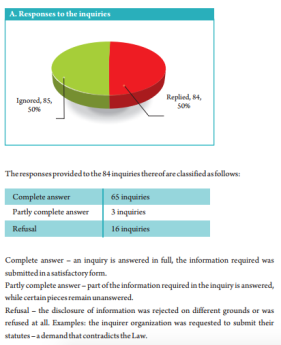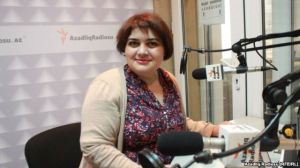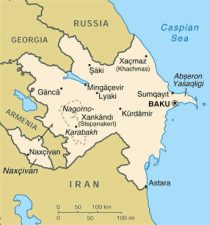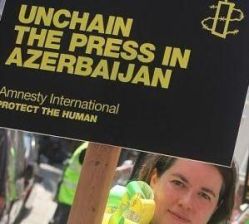(ASSIGNMENT: Write a 300 word blogpost on access to information in your country.)
Despite claims of freedom of information for journalists, Azerbaijan proves to be abysmal at allowing access to information.
According to Article 50 on the Freedom of Information of the Constitution of the Republic of Azerbaijan:
I. Everyone is free to look for, acquire, transfer, prepare and distribute information.
II. Freedom of mass media is guaranteed. State censorship in mass media, including press is prohibited.
Furthermore, Article 29 of the Azerbaijan Access Law asserts that the following information should be disclosed:
29.1.1. consolidated statistical data, including consolidated statistics on crimes and administrative delinquencies;
29.1.4. guidance prepared in connection with activities of state authorities and municipalities;
29.1.19. information on the use of the State Budget funds or property contributed to private legal entities established by, or operating with participation of the state authorities and municipalities;
Despite this rather positive information, if you’ve read any of my previous posts it wouldn’t come as a surprise to find that I’m highly skeptical that this is realistically put into practice. Seeing as the freedom of information is critical in ensuring human rights and sustainable development goals, it is disappointing to see how “free” access to information really is in Azerbaijan.
In 2007, two years after the Access Law was implemented, the Open Society Institute and Revenue Watch Institute began monitoring the extent of availability of the information on different types of public finance and published the following report. Despite the fact that law requires a timely response of any inquiry for information, out of 169 inquiries, the report found the following unsatisfactory results:
More recently, in late January 2014, Samir Kazimli, a well-known journalist, filed a lawsuit against Parliament for failing to provide information on public spending on the purchase of cars. Parliament refused to provide the information and the court ruled in favor of Parliament. Thus, it seems not to matter what kind of information is requested or who requested it, the government is likely not to respond.



